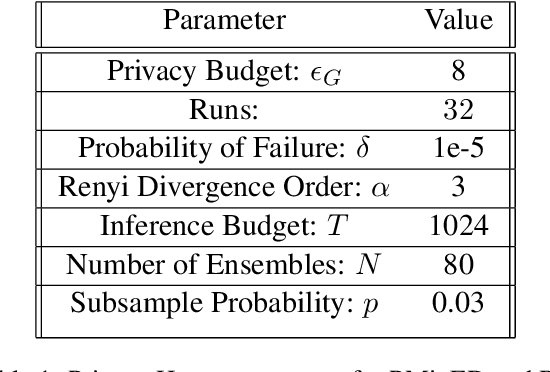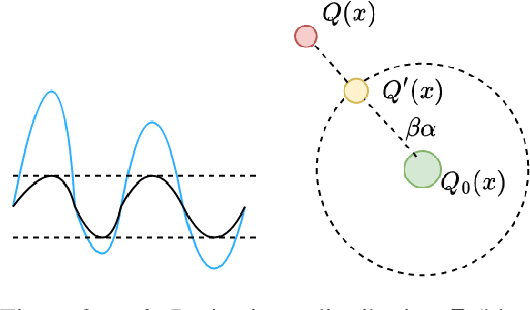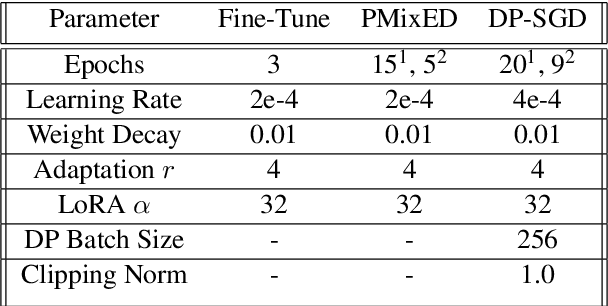Differentially Private Next-Token Prediction of Large Language Models
Paper and Code
Apr 01, 2024



Ensuring the privacy of Large Language Models (LLMs) is becoming increasingly important. The most widely adopted technique to accomplish this is DP-SGD, which trains a model to guarantee Differential Privacy (DP). However, DP-SGD overestimates an adversary's capabilities in having white box access to the model and, as a result, causes longer training times and larger memory usage than SGD. On the other hand, commercial LLM deployments are predominantly cloud-based; hence, adversarial access to LLMs is black-box. Motivated by these observations, we present Private Mixing of Ensemble Distributions (PMixED): a private prediction protocol for next-token prediction that utilizes the inherent stochasticity of next-token sampling and a public model to achieve Differential Privacy. We formalize this by introducing RD-mollifers which project each of the model's output distribution from an ensemble of fine-tuned LLMs onto a set around a public LLM's output distribution, then average the projected distributions and sample from it. Unlike DP-SGD which needs to consider the model architecture during training, PMixED is model agnostic, which makes PMixED a very appealing solution for current deployments. Our results show that PMixED achieves a stronger privacy guarantee than sample-level privacy and outperforms DP-SGD for privacy $\epsilon = 8$ on large-scale datasets. Thus, PMixED offers a practical alternative to DP training methods for achieving strong generative utility without compromising privacy.
 Add to Chrome
Add to Chrome Add to Firefox
Add to Firefox Add to Edge
Add to Edge